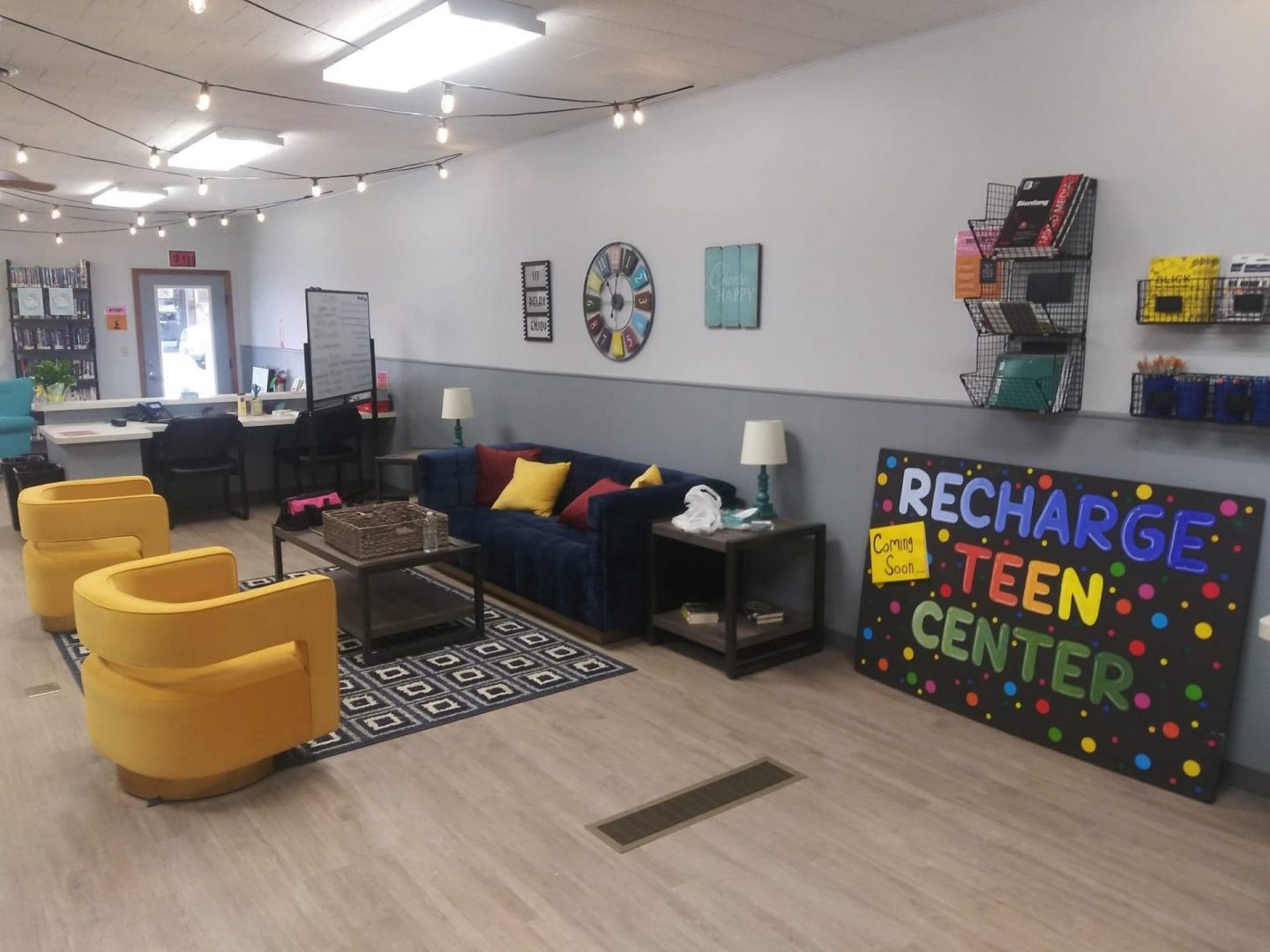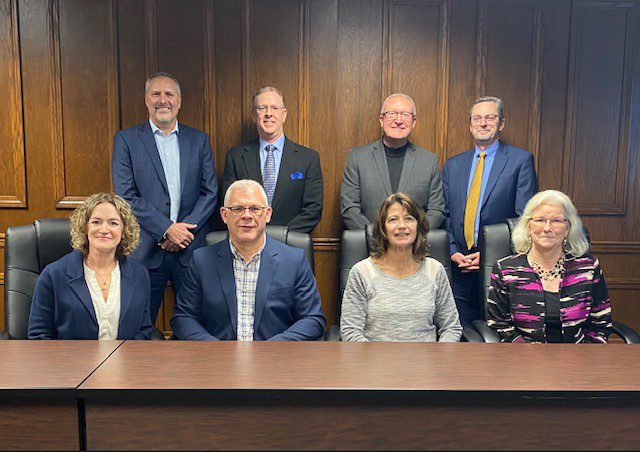The NFIB Small Business Optimism Index rose by 3.4 points in December to 105.1, the second consecutive month above the 51-year average of 98 and the highest reading since October 2018. Of the 10 Optimism Index components, seven increased, two decreased, and one was unchanged. The Uncertainty Index declined 12 points in December to 86.
“Optimism on Main Street continues to grow with the improved economic outlook following the election,” said NFIB Chief Economist Bill Dunkelberg. “Small business owners feel more certain and hopeful about the economic agenda of the new administration. Expectations for economic growth, lower inflation, and positive business conditions have increased in anticipation of pro-business policies and legislation in the new year.”
“The surge in small business optimism is encouraging. Despite growing Main Street optimism, Illinois entrepreneurs remain focused on addressing the ongoing workforce and cost-of-doing business challenges. The Illinois General Assembly must prioritize legislation that makes it easier for small businesses to grow, hire, and thrive,” said Noah Finley, NFIB Illinois State Director.
Key findings include:
- The net percent of owners expecting the economy to improve rose 16 points from November to a net 52% (seasonally adjusted), the highest since the fourth quarter of 1983.
- The percent of small business owners believing it is a good time to expand their business rose six points to 20%, seasonally adjusted. This is the highest reading since February 2020.
- The net percent of owners expecting higher real sales volumes rose eight points to a net 22% (seasonally adjusted), the highest reading since January 2020.
- A net 6% (seasonally adjusted) of owners plan inventory investment in the coming months, up five points from November and the highest reading since December 2021.
- Seasonally adjusted, a net 29% reported raising compensation, down three points from November and the lowest reading since March 2021.
- A net 1% of owners reported paying a higher rate on their most recent loan, down four points from November and the lowest reading since September 2021.
- Twenty percent of owners reported that inflation was their single most important problem in operating their business (higher input and labor costs), unchanged from November and leading labor quality as the top issue by one point.
As reported in NFIB’s monthly jobs report, a seasonally adjusted 35% of all small business owners reported job openings they could not fill in December, down one point from November. Of the 55% of owners hiring or trying to hire in December, 89% reported few or no qualified applicants for the positions they were trying to fill.
Fifty-six percent of owners reported capital outlays in the last six months, up two points from November. Of those making expenditures, 37% reported spending on new equipment, 24% acquired vehicles, and 16% improved or expanded facilities. Eleven percent spent money on new fixtures and furniture and 7% acquired new buildings or land for expansion. Twenty-seven percent (seasonally adjusted) plan capital outlays in the next six months, down one point from November’s highest reading since January 2022.
A net negative 13% of all owners (seasonally adjusted) reported higher nominal sales in the past three months, unchanged from November. The net percent of owners expecting higher real sales volumes rose eight points to a net 22% (seasonally adjusted), the highest reading since January 2020.
The net percent of owners reporting inventory gains rose seven points to a net 0%, seasonally adjusted. Not seasonally adjusted, 13% reported increases in stocks and 14% reported reductions.
A net negative 1% (seasonally adjusted) of owners viewed current inventory stocks as “too low” in December, up one point from November. A net 6% (seasonally adjusted) of owners plan inventory investment in the coming months, up five points from November and the highest reading since December 2021.
The net percent of owners raising average selling prices was unchanged from November at a net 24% seasonally adjusted. Twenty percent of owners reported that inflation was their single most important problem in operating their business, unchanged from November and leading labor quality as the top issue by one point. Unadjusted, 11% reported lower average selling prices and 31% reported higher average prices.
Price hikes were the most frequent in the finance (56% higher, 15% lower), retail 38% higher, 6% lower), construction (30% higher, 9% lower), and transportation (30% higher, 9% lower) sectors. Seasonally adjusted, a net 28% plan price hikes in December.
Seasonally adjusted, a net 29% reported raising compensation, down three points from November and the lowest reading since March 2021. A seasonally adjusted net 24% plan to raise compensation in the next three months, down four points from November.
The percent of small business owners reporting labor quality as the single most important problem for business was unchanged from November at 19%. Labor costs reported as the single most important problem for business owners was also unchanged from November at 11%, only two points below the highest reading of 13% reached in December 2021.
The frequency of reports of positive profit trends was a net negative 26% (seasonally adjusted), unchanged from November. Among owners reporting lower profits, 35% blamed weaker sales, 13% cited usual seasonal change, 12% blamed the rise in the cost of materials, and 11% cited labor costs. For owners reporting higher profits, 51% credited sales volumes, 22% cited usual seasonal change, and 7% cited higher selling prices.
Two percent of owners reported that all their borrowing needs were not satisfied. Twenty-four percent reported all credit needs met and 65% said they were not interested in a loan. A net 4% reported their last loan was harder to get than in previous attempts. Four percent of owners reported that financing was their top business problem in December, down one point from November.
The NFIB Research Center has collected Small Business Economic Trends data with quarterly surveys since the fourth quarter of 1973 and monthly surveys since 1986. Survey respondents are randomly drawn from NFIB’s membership. The report is released on the second Tuesday of each month. This survey was conducted in December 2024.
***Courtesy of The NFIB Small Business Optimism Index***
















